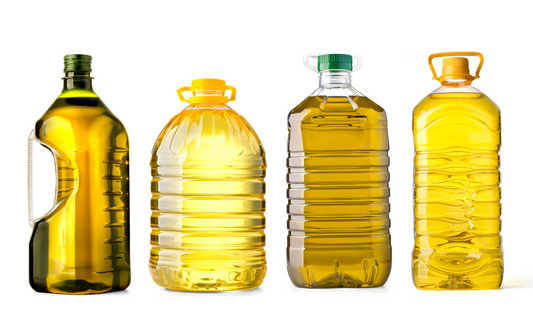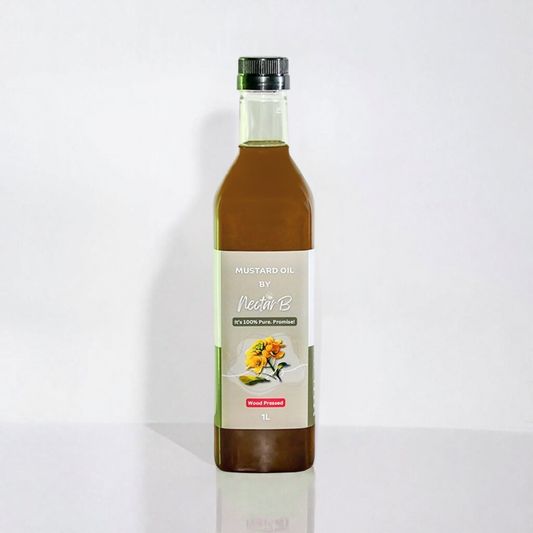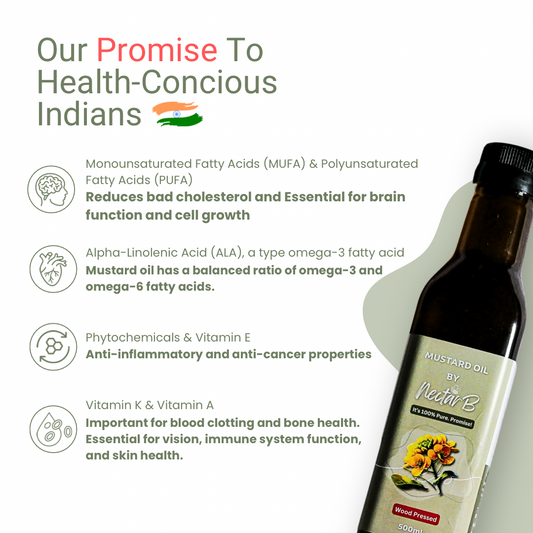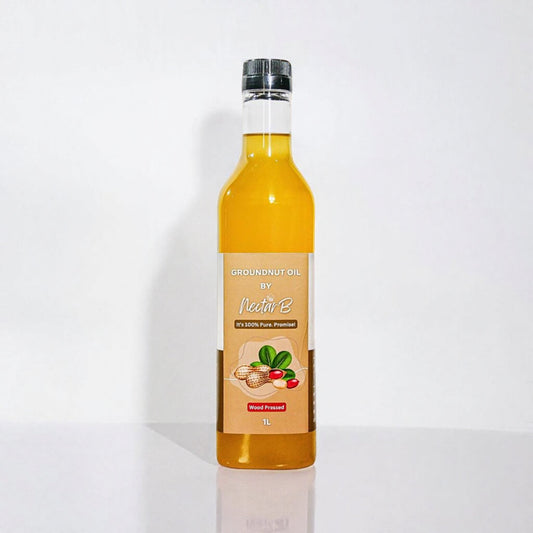
Sunflower Oil Benefits: Discover How It Can Enhance Your Health
Introduction to Sunflower Oil
What is Sunflower Oil?
Sunflower oil is a non-volatile oil extracted from the seeds of the sunflower. It is commonly used in cooking and as an emulsifier in food production. Its lightweight texture and high smoke point make it a popular choice in kitchens worldwide.
Brief History and Origins
The origins of sunflower oil can be traced back to Native American tribes, who first cultivated sunflowers around 3000 BC. Here’s a brief overview:
Ancient Beginnings
- Native American Use: The sunflower plant, native to North America, was first cultivated by Native Americans around 3000 BC. They utilized the seeds for food, oil, and medicinal purposes. The oil extracted was used in cooking and for healing wounds and skin ailments.
European Introduction
- 16th Century: Spanish explorers brought the sunflower plant to Europe in the early 16th century. Initially, it was grown as an ornamental plant due to its large, vibrant flowers.
- 18th Century: By the 18th century, the cultivation of sunflowers for oil began, particularly in Russia, where it became an important agricultural product. Peter the Great is credited with popularizing its use, and Russia became a leading producer of sunflower oil.
Modern Production
- 19th and 20th Centuries: The industrial revolution and advancements in oil extraction technology boosted sunflower oil production globally. By the late 19th century, it was being produced in large quantities in both Europe and North America.
- Present Day: Today, sunflower oil is one of the most widely consumed cooking oils worldwide. Major producers include Ukraine, Russia, and Argentina.
Common Uses of Sunflower Oil
Aside from cooking, sunflower oil is also utilized in cosmetics, pharmaceuticals, and industrial applications. Its moisturizing properties make it a common ingredient in lotions and skincare products.
Nutritional Profile of Sunflower Oil
Vitamins and Minerals
Sunflower oil is rich in vitamins E and K. Vitamin E is a powerful antioxidant, while vitamin K is essential for blood clotting and bone health. The oil also contains small amounts of vitamins A and D.
Types of Fatty Acids
The oil is abundant in unsaturated fatty acids, primarily oleic and linoleic acids, which are beneficial for heart health. These fatty acids can help reduce inflammation and promote healthy cholesterol levels.
Caloric Content
Sunflower oil is calorically dense, providing approximately 120 calories per tablespoon. While it is a healthy oil, moderation is key to maintaining a balanced diet.
Importance of Cold Pressing
Cold pressing is a mechanical process that extracts sunflower oil at low temperatures, typically below 120°F (49°C). This method is crucial because it preserves the oil's natural nutrients.
Enhanced Flavour and Aroma
Cold pressing helps retain the natural flavor and aroma of the sunflower oil. This results in a richer, more authentic taste, making it ideal for culinary uses such as salad dressings, marinades, and cooking.
Chemical-Free Extraction
Unlike other extraction methods that use chemicals or high heat, cold pressing is a purely mechanical process. This ensures that wood pressed sunflower oil is free from harmful chemicals and solvents, making it a healthier choice for consumers.
Environmental Benefits
Cold pressing is an environmentally friendly extraction method. It consumes less energy and produces fewer emissions compared to industrial extraction processes. Choosing wood pressed sunflower oil supports sustainable and eco-friendly agricultural practices.
Types of Sunflower Oil
There are several types of sunflower oil: high-linoleic, high-oleic, and mid-oleic. Each type has a different fatty acid composition suitable for various uses, from cooking to cosmetic applications.
Heart Health Benefits
Lowering Cholesterol Levels
Sunflower oil can help reduce bad cholesterol levels (LDL) while increasing good cholesterol (HDL). This balance is crucial for maintaining heart health and preventing cardiovascular diseases.
Improvement in Blood Circulation
Rich in unsaturated fats, sunflower oil can improve blood circulation by keeping the arteries flexible. Improved circulation reduces the risk of clots and promotes overall cardiovascular health.
Reduced Risk of Heart Diseases
The antioxidant properties of vitamin E present in sunflower oil help to combat oxidative stress, reducing the risk of heart diseases. Regular consumption can be part of a heart-healthy diet.
Skin Care Advantages
Moisturizing Properties
Sunflower oil's high vitamin E content makes it an excellent moisturizer. It forms a protective barrier on the skin, preventing moisture loss and keeping the skin hydrated.
Anti-Inflammatory Effects
The linoleic acid in sunflower oil has anti-inflammatory properties that can soothe irritated skin conditions such as eczema and dermatitis. It can help reduce redness and swelling.
Protection Against Sun Damage
Sunflower oil provides some protection against the sun's harmful UV rays. Its antioxidant properties can minimize sun damage and reduce the risk of skin cancer.
Boosting Immune System
Rich Source of Antioxidants
Sunflower oil is loaded with antioxidants, particularly vitamin E, which boosts the immune system by neutralizing harmful free radicals.
Enhancing White Blood Cell Function
The nutrients in sunflower oil can enhance the function of white blood cells, which are pivotal in fighting infections and diseases. Consistent intake can bolster overall immune health.
Reducing Inflammation
Sunflower oil contains compounds that reduce inflammation throughout the body. This can be beneficial in managing chronic conditions like arthritis and asthma.
Digestive Health Benefits
Improving Digestive Efficiency
Sunflower oil can facilitate better digestion by lubricating the digestive tract. This helps in the smoother movement of food and waste, promoting overall digestive health.
Soothing Digestive Tract Inflammation
The anti-inflammatory properties of sunflower oil can soothe inflammation in the digestive tract, providing relief from conditions such as IBS and Crohn's disease.
Supporting Healthy Weight Management
Because it is rich in healthy fats, sunflower oil can keep you feeling full longer, aiding in weight management efforts. It can be a part of a balanced diet focused on healthy fats.
Benefits for Hair Health
Strengthening Hair Strands
The vitamins and fatty acids in sunflower oil can strengthen hair strands, preventing breakage and split ends. Regular application can result in healthier, shinier hair.
Reducing Scalp Irritation
With its soothing properties, sunflower oil can reduce scalp irritation and dandruff, promoting a healthier scalp environment for hair growth.
Promoting Hair Growth
The nutrients in sunflower oil stimulate the hair follicles, encouraging new hair growth. Massaging the oil into the scalp can lead to thicker, fuller hair over time.
Sunflower Oil in Cooking
High Smoke Point
Sunflower oil has a high smoke point, making it ideal for frying and sautéing. This property allows it to withstand high temperatures without breaking down, ensuring the food remains healthy.
Enhancing Flavors of Dishes
The neutral taste of sunflower oil allows it to enhance the natural flavors of dishes without overpowering them. It can be used in a variety of culinary applications, from baking to dressings.
Popular Recipes Using Sunflower Oil
Many popular recipes incorporate sunflower oil, including:
- Salads with sunflower oil dressing
- Baked goods like muffins and cakes
- Stir-fried vegetables
Comparing Sunflower Oil with Other Oils
Sunflower Oil vs. Olive Oil
Sunflower oil is lighter and has a higher smoke point compared to olive oil, making it better suited for high-heat cooking. However, olive oil contains higher levels of monounsaturated fats and antioxidants.
Sunflower Oil vs. Canola Oil
While both oils are low in saturated fats, canola oil has a slightly higher omega-3 content. Sunflower oil, on the other hand, has a higher vitamin E content, beneficial for skin and overall health.
Benefits Over Vegetable Oil
Sunflower oil is often considered healthier than vegetable oil, which can be a blend of various oils. Sunflower oil provides higher levels of beneficial fatty acids and antioxidants.
How to Use It
Sunflower oil is incredibly versatile. It can be used in cooking, frying, and baking. It provides an excellent base for salad dressings and marinades. For skincare, it can be applied directly to the skin or mixed with other products. In hair care, it can be used as a scalp treatment or a conditioning agent.
Side Effects
While generally safe, sunflower oil can cause allergic reactions in some people. Overconsumption can lead to excessive caloric intake, potentially resulting in weight gain. Individuals with specific health conditions should consult a medical professional before incorporating it into their diet.
Special Precautions and Warnings
Pregnant and breastfeeding women should use sunflower oil with caution, as its impact on these conditions is not well studied. Children should also use it under the guidance of a pediatrician to avoid any potential allergies or adverse effects. Always check for any reactions when using it for the first time.
How to Choose and Store Sunflower Oil
Factors to Consider When Buying
When buying sunflower oil, look for labels indicating cold-pressed and organic. Check the expiration date to ensure freshness.
Storage Tips for Maximum Freshness
Store sunflower oil in a cool, dark place to maintain its quality. An airtight container can prevent it from going rancid.
Shelf Life of Sunflower Oil
Unopened sunflower oil has a shelf life of about a year. Once opened, it is best used within six months for optimal flavor and nutrient retention.
Conclusion
Recap of Health Benefits
Sunflower oil offers numerous health benefits, from heart health and improved immunity to enhanced skin and hair health. Its nutritional profile makes it a versatile and beneficial addition to a balanced diet.
Incorporating Sunflower Oil into Daily Routine
Introduce sunflower oil into your daily routine by using it in cooking, applying it to your skin, and incorporating it into hair care regimens. Its versatility makes it easy to reap its benefits.
Final Thoughts
Sunflower oil is a powerhouse of health benefits. Its rich nutrient profile and versatility make it a valuable addition to any diet or skincare routine. Incorporating it into your daily life can lead to a healthier, more vibrant you.
Popular Links
Order Wood Pressed Groundnut Oil Now!














